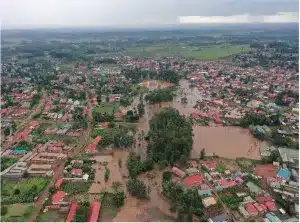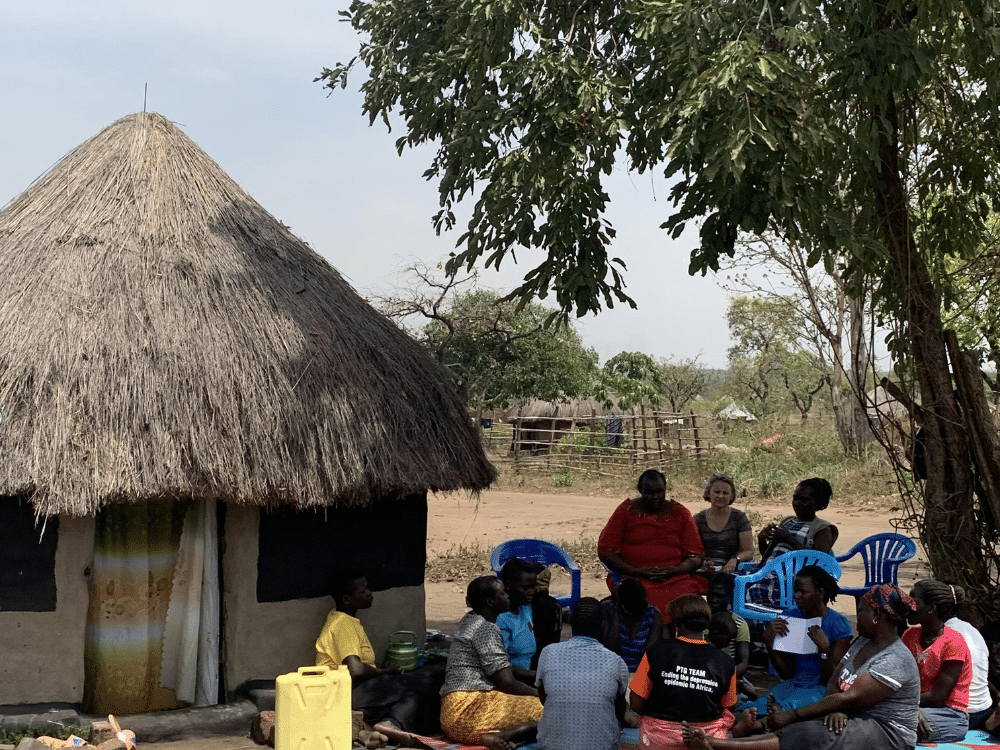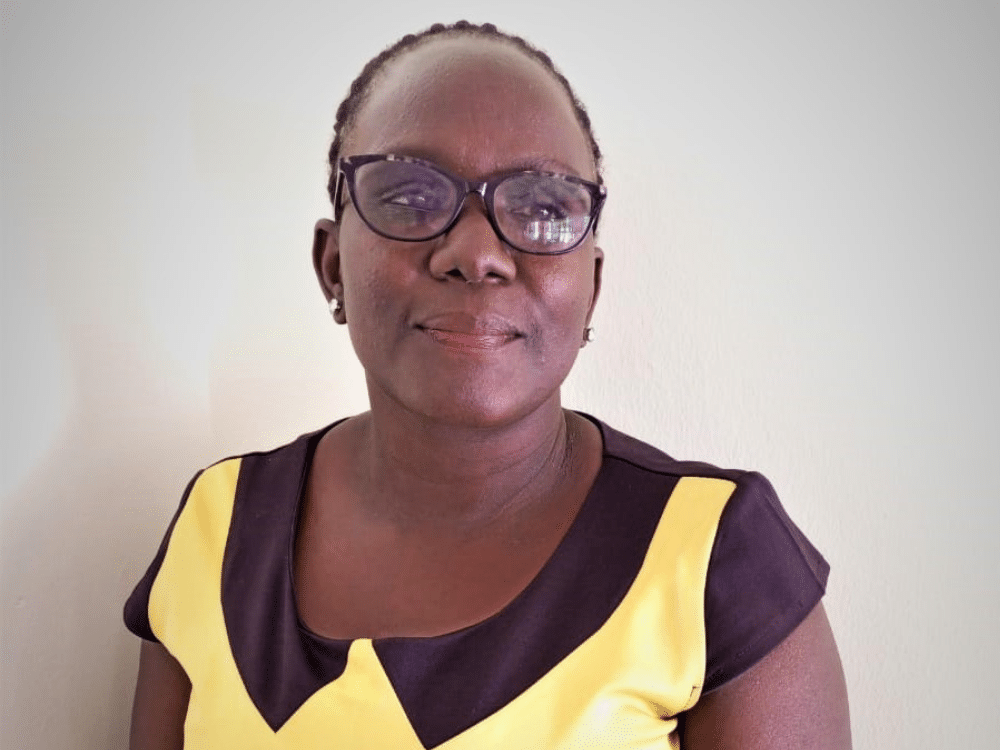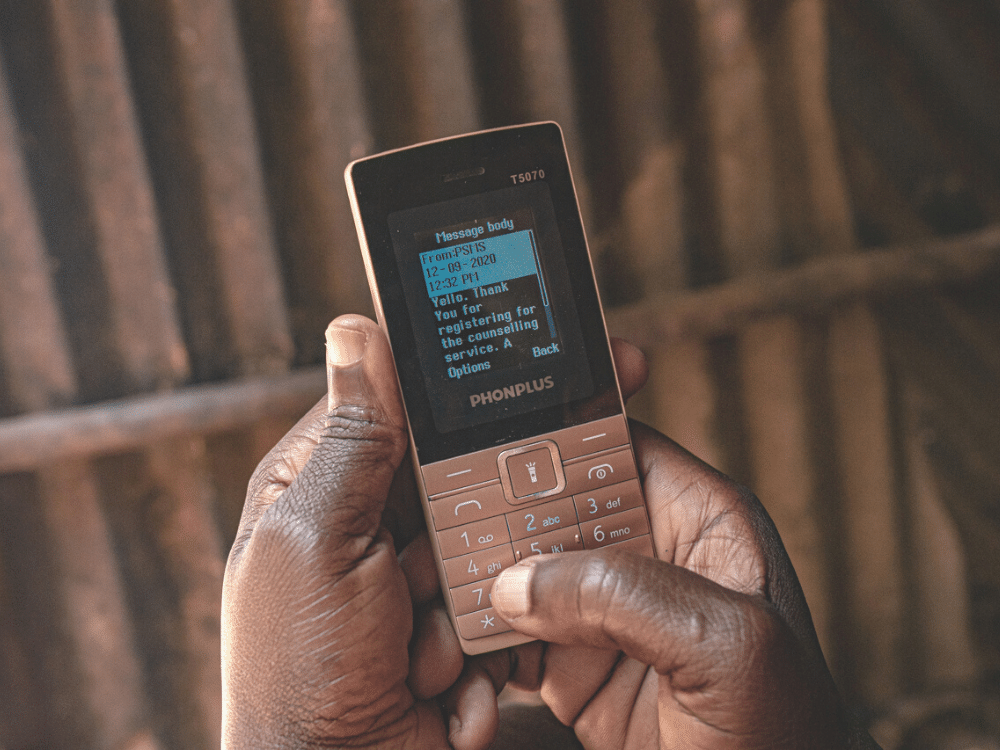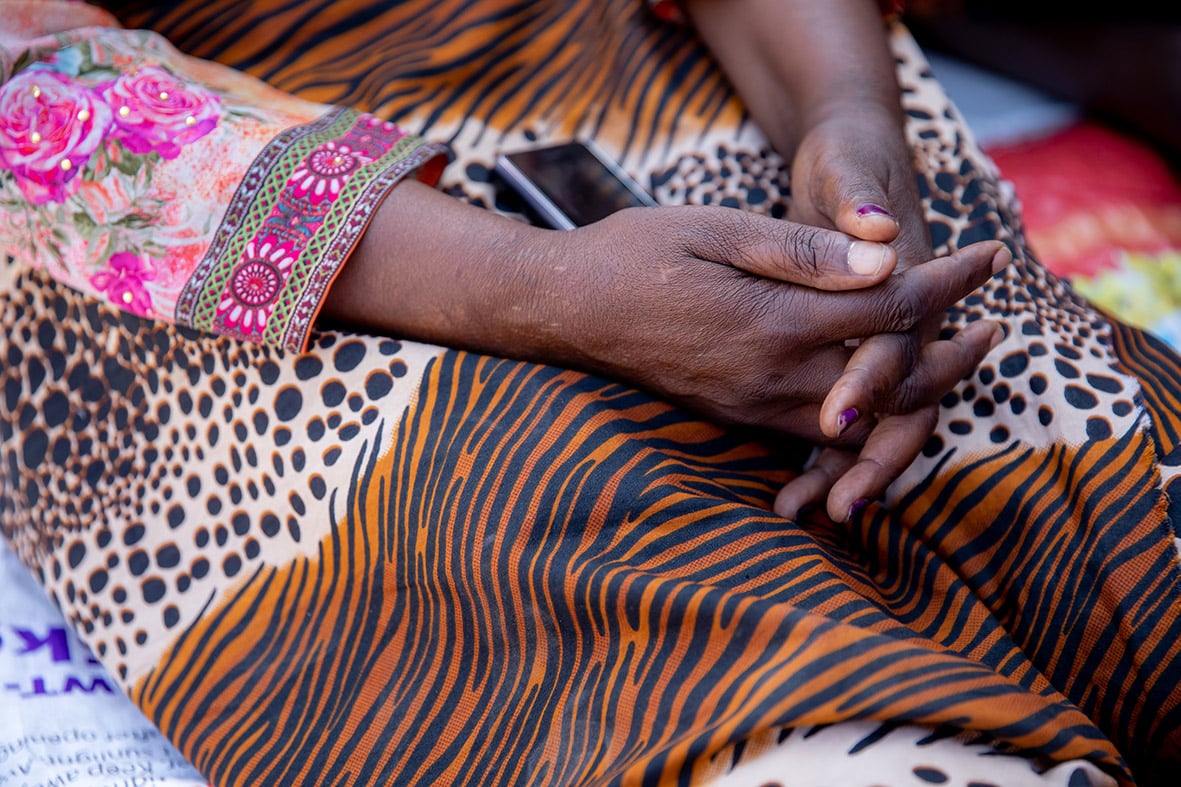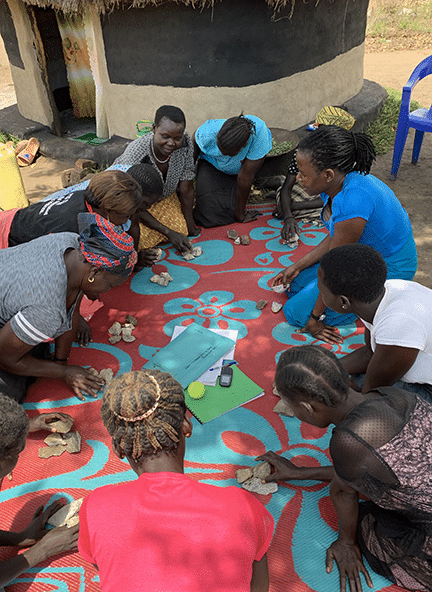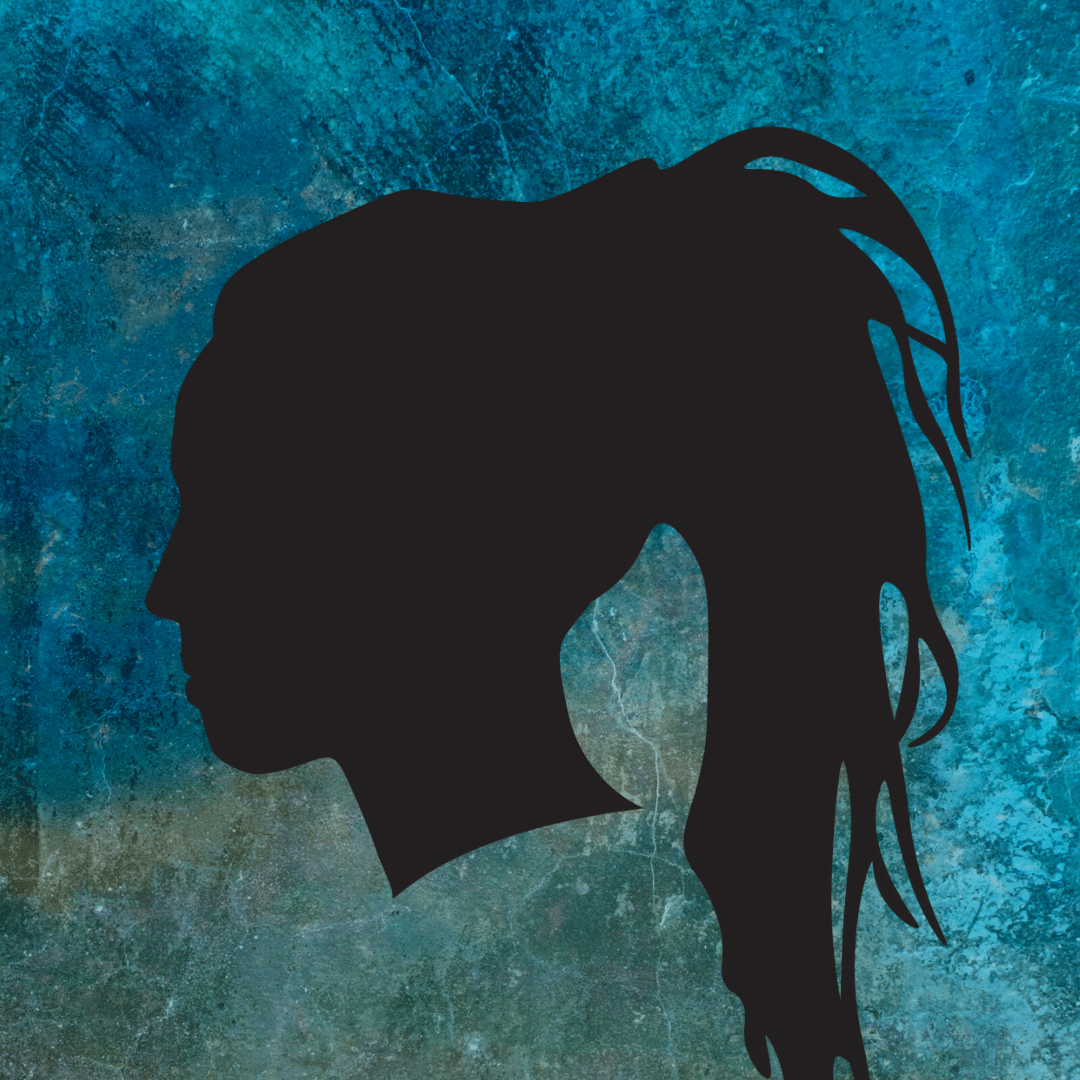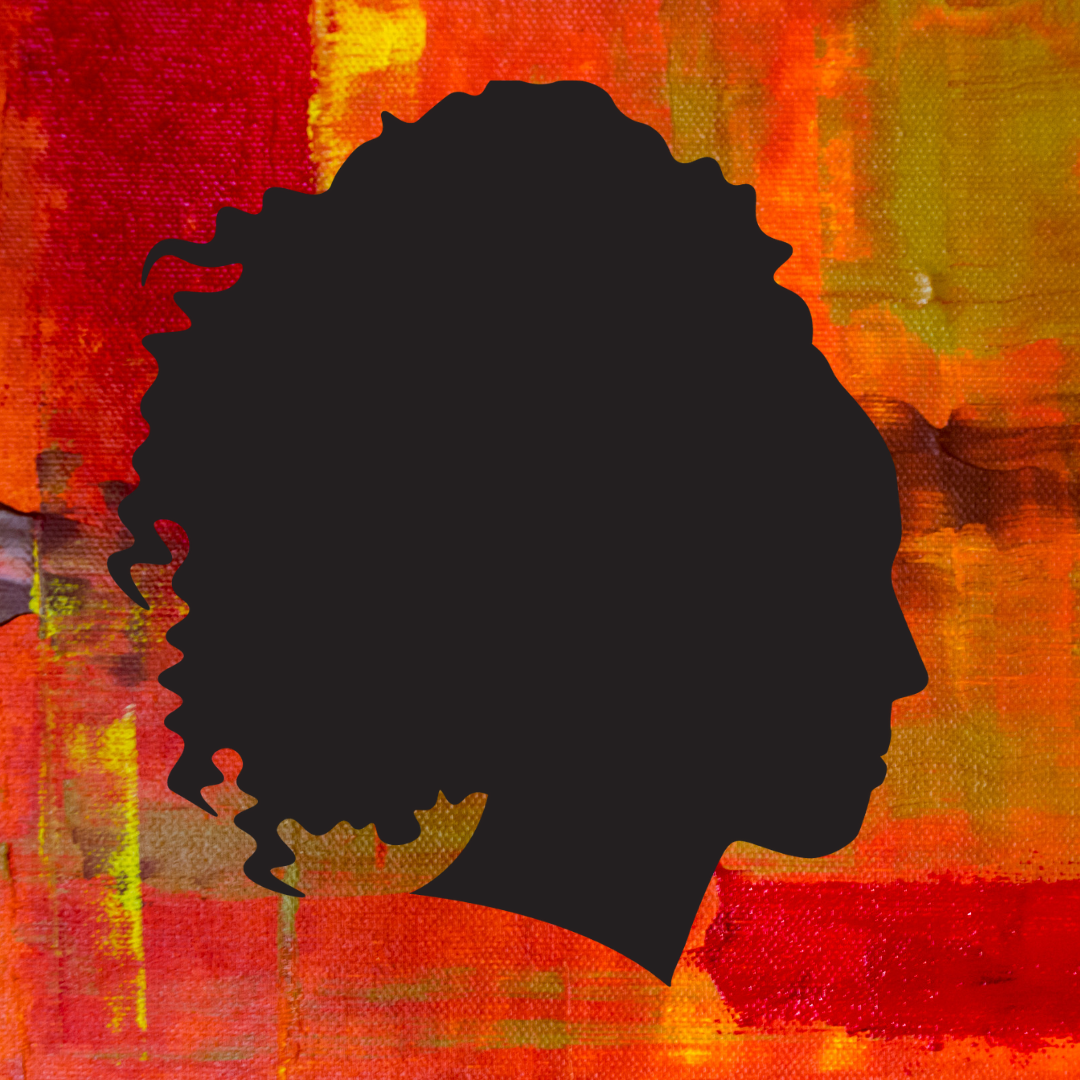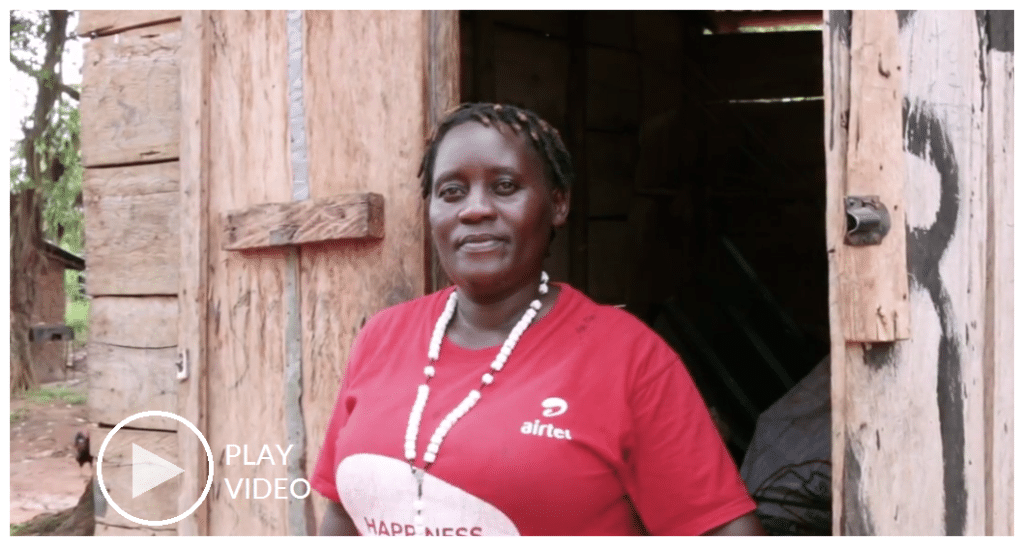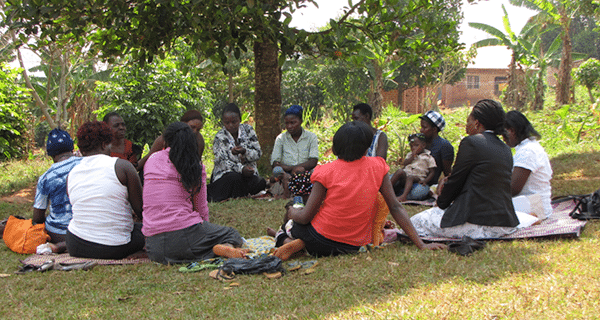Depression Treatment
Scaling evidence-based mental health care globally.

Our model at-a-glance
StrongMinds treats depression using group interpersonal therapy.
This manualized, time-bound talk therapy model emphasizes interpersonal relationships as the root of – and source of recovery for – depression.
IPT-G is well-studied in low- and middle-income countries and is recommended by the World Health Organization as a first-line depression intervention in low-resource settings.
How IPT-G Works
In StrongMinds therapy groups, members find a safe space to open up with peers about their worries and struggles. Over 6 sessions, lay counselors guide structured discussions to help participants identify their underlying triggers of depression and examine how their interpersonal relationships and depression symptoms are linked. Group members work together to strategize solutions to their problems, learn coping mechanisms, practice interpersonal skills, and identify support structures that they can continue to lean on after therapy has ended. Since depression is episodic and recurrent throughout most people’s lives, these newly acquired skills have both immediate and long-term preventive impacts for the individual.
A closer look at results from this evidence-based approach.
Community-Based, Culturally Adapted

IPT-G Focuses on Four Key
Triggers of Depression
Grief over loss
(sustained)
Life changes
(job loss, marriage, divorce, diagnoses, becoming a parent, etc.)
Unresolved conflict
(with family members, friends, or work colleagues)
Social isolation
(physical distancing, relocation, loss of social network)
When a woman recovers from depression
She changes the world around her


Where We Work
Screening for Depression
StrongMinds uses the Patient Health Questionnaire (PHQ-9) tool to screen for depression. This 9-question, internationally validated tool is administered before, during, and after each therapy cycle. The PHQ-9 identifies the presence and severity of depression symptoms, and helps group leaders determine how well a client’s symptoms are responding to therapy, and ultimately to help us measure our impact.
Phases of Therapy
Initial
Participants focus on building trust and rapport among group members so that they feel comfortable opening up with one another.
Middle
Participants engage in discussion and collective problem-solving. They learn to understand the symptoms and triggers of depression.
Termination
As participants end formal sessions, they will plan to identify and mitigate triggers so they can prevent recurring depressive episodes.
Sustainability and Scaling
We achieve sustainability by identifying and training former clients and local health workers to facilitate StrongMinds therapy groups in their communities, spreading the seeds of good mental health widely. We also work with governments and NGOs to integrate mental health services into livelihood, food security, healthcare, and education programs in order to scale our reach and enhance outcomes for program participants.



